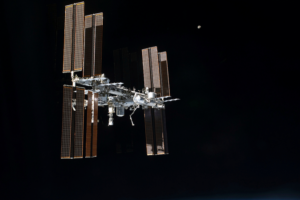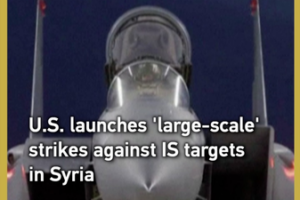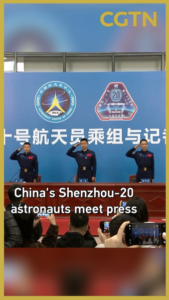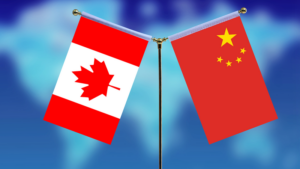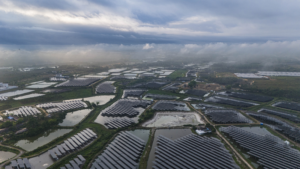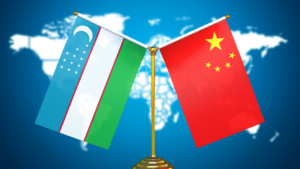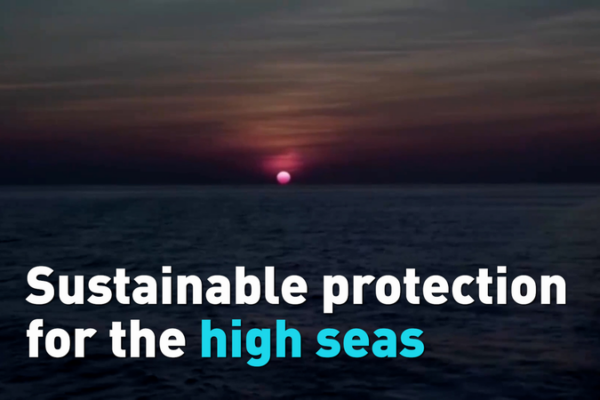
UN High Seas Treaty Takes Effect, Protecting Global Oceans
The UN High Seas Treaty enters force in 2026, establishing protections for two-thirds of global oceans beyond national jurisdictions, following 20 years of negotiations.
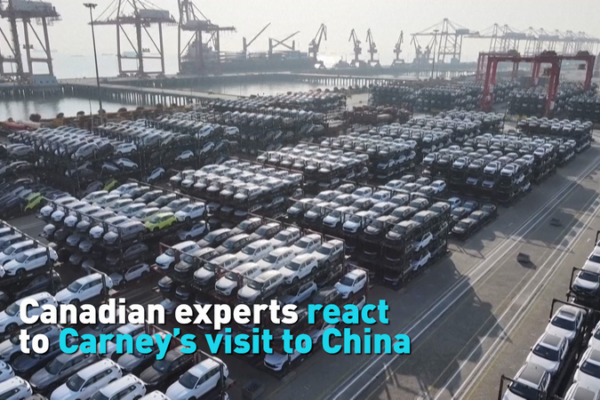
Carney’s China Visit Sparks Canadian Expert Analysis
Canadian experts analyze implications of Carney’s China visit as nations establish new strategic partnership, focusing on economic opportunities and bilateral cooperation.
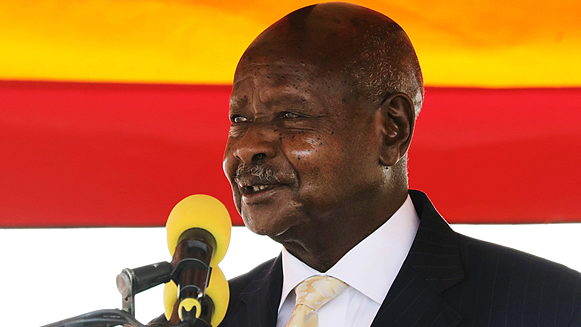
Museveni Secures Sixth Term in Uganda’s Presidential Election
Uganda’s President Yoweri Museveni wins sixth term with 71.6% of votes, as election commission reports peaceful polling under tight security.

China’s Global Governance Vision Gains Momentum in 2026
As global challenges mount in 2026, China’s vision for a shared future offers collaborative solutions through international initiatives and partnerships.
Kenya’s Talanta Sports City Ushers in New Era for African Athletics
Kenya’s $450M Talanta Sports City nears completion, positioning Nairobi as Africa’s premier sports hub and host of the 2027 World Athletics Championships.

CMG Kicks Off 2026 Spring Festival Gala Rehearsals With Tech-Driven Showcase
CMG begins final rehearsals for 2026 Spring Festival Gala, blending cutting-edge technology with traditional performances 30 days before Lunar New Year celebrations.
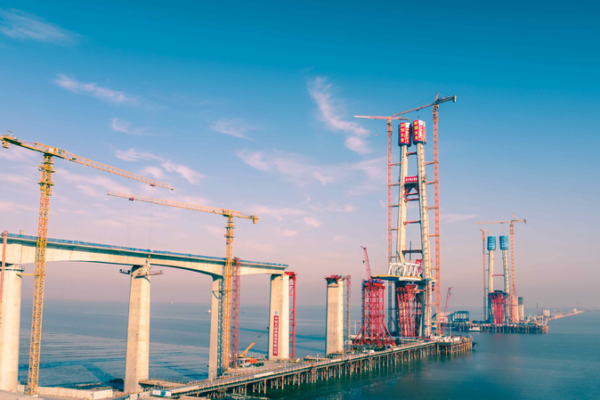
China’s Record-Breaking Hangzhou Bay Rail Bridge Reaches Construction Milestone
China’s Hangzhou Bay Cross-Sea Railway Bridge achieves key construction milestone, paving way for enhanced regional connectivity in 2027.
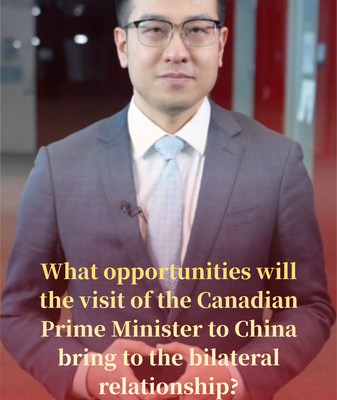
Canada-China Talks Forge New Economic Pathways in 2026
Canadian PM Mark Carney’s 2026 China visit explores green tech collaboration and trade expansion, strengthening economic ties between North America and Asia.

China Condemns U.S. Warships’ Taiwan Strait Transit
China denounces U.S. warship transit through Taiwan Strait on Jan 16-17, deploys PLA forces to monitor vessels amid rising regional tensions.

Greenland Residents Reject U.S. Annexation Proposals Amid Sovereignty Concerns
Greenlandic locals voice strong opposition to U.S. annexation efforts as a Florida congressman proposes integration legislation, citing sovereignty and indigenous rights concerns.
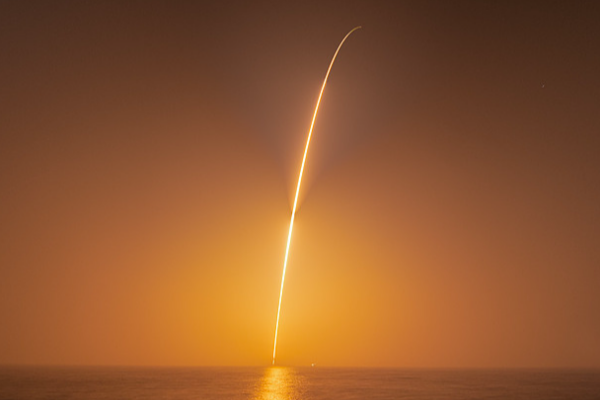
CERES-2 Commercial Rocket Fails Maiden Launch, Investigation Underway
China’s CERES-2 commercial rocket fails during maiden test flight from Jiuquan, marking a setback for private space sector development. Investigation ongoing.
IMF Approves $261M for Ethiopia Amid Reform Push
IMF approves $261 million disbursement to Ethiopia after fourth program review, supporting ongoing economic reforms and debt restructuring efforts.
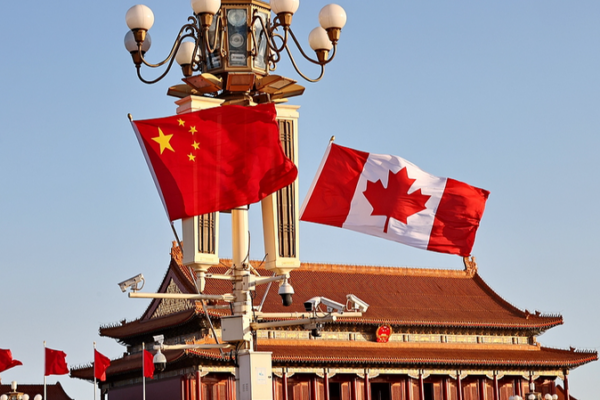
China and Canada Forge New Strategic Partnership for Stability
China and Canada strengthen strategic partnership through enhanced trade cooperation and multilateral coordination, signaling stabilized bilateral relations in 2026.
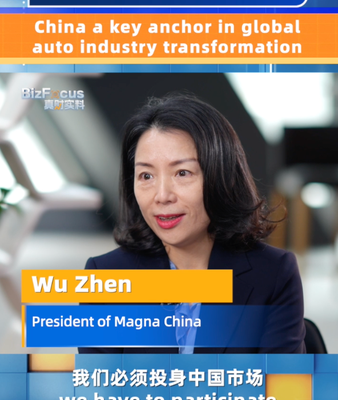
China Anchors Global Auto Industry Shift, Says Magna Executive
Magna China president highlights China’s pivotal role in automotive innovation and urges global industry engagement amid EV and smart tech advancements.
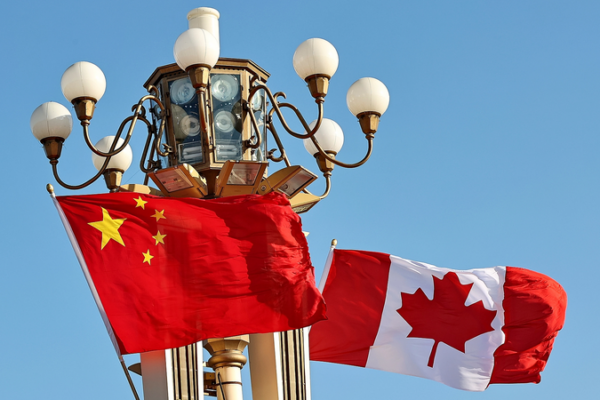
China and Canada Forge New Economic Pathways Amid Thawing Ties
Canada and China announce reciprocal trade measures and institutional frameworks during PM Carney’s landmark visit, signaling a strategic shift in bilateral relations.

Italian ‘Turandot’ Wows Chongqing in Cross-Cultural Finale
Italian opera ‘Turandot’ concludes its China tour in Chongqing with collaborative performances blending Western opera and Chinese choral traditions.

Behind the Threads: Costume Designer Unveils ‘Turandot’s’ Emotional Journey in Chongqing
Chongqing’s ‘Turandot’ production reveals how costume design maps the princess’s emotional journey, blending traditional craftsmanship with sustainable innovation in 2026.

Anastasia Baudireva Unveils Turandot’s Emotional Journey in Chongqing Production
Opera star Anastasia Baudireva discusses her portrayal of Princess Turandot in Chongqing’s 2026 production, revealing the character’s emotional evolution from icy resolve to vulnerability through love.
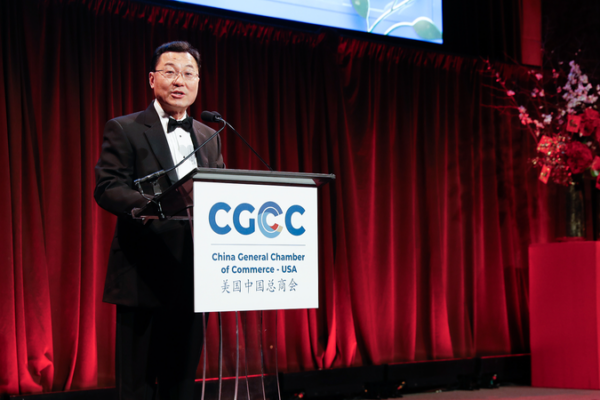
China Stresses Principles and Cooperation in U.S. Relations at Business Gala
Chinese Ambassador Xie Feng outlines Beijing’s balanced approach to U.S. relations, emphasizing principled diplomacy and business collaboration at key 2026 forum.

Trump’s Iran Strategy: From Maximum Pressure to Uncertain Diplomacy in 2026
Analyzing Trump’s two-term Iran strategy: From maximum pressure sanctions to military strikes, and its ongoing impact on Middle East stability in 2026.


